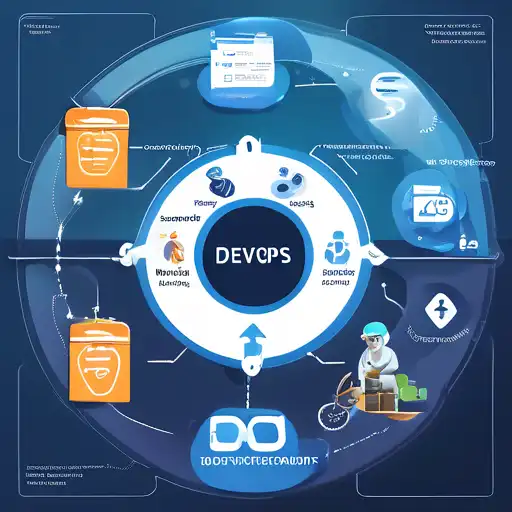Introduction to DevOps in Software Development
DevOps has revolutionized the way software is developed, deployed, and maintained. By bridging the gap between development and operations teams, DevOps practices ensure a smoother, more efficient software development lifecycle (SDLC). This article explores the multifaceted benefits of DevOps and how it enhances the SDLC.
The Core Principles of DevOps
At its heart, DevOps is about fostering a culture of collaboration between teams that traditionally worked in silos. The core principles include continuous integration and continuous delivery (CI/CD), automation, and monitoring throughout the lifecycle of software development.
How DevOps Improves the SDLC
DevOps introduces several improvements to the SDLC, including:
- Faster Time to Market: By automating the deployment process, DevOps enables faster release cycles, allowing businesses to stay competitive.
- Improved Collaboration: DevOps breaks down the barriers between development and operations, leading to better communication and collaboration.
- Higher Quality Products: Continuous testing and integration help in identifying and fixing bugs early in the development process.
- Increased Efficiency: Automation reduces manual errors and frees up time for teams to focus on more strategic tasks.
Implementing DevOps Practices
Adopting DevOps requires a shift in culture and processes. Key steps include:
- Adopting agile methodologies to improve flexibility and responsiveness.
- Implementing CI/CD pipelines for automated testing and deployment.
- Using infrastructure as code (IaC) to manage and provision infrastructure through code.
- Monitoring and logging to track performance and identify issues in real-time.
Challenges and Solutions in DevOps Adoption
While DevOps offers numerous benefits, organizations may face challenges such as resistance to change, skill gaps, and toolchain complexity. Overcoming these challenges involves:
- Providing training and resources to upskill teams.
- Starting small and scaling DevOps practices gradually.
- Choosing the right tools that integrate well with existing systems.
Conclusion
DevOps is not just a set of practices but a culture that promotes collaboration, efficiency, and continuous improvement. By integrating DevOps into the SDLC, organizations can achieve faster delivery times, higher quality software, and a competitive edge in the market. For more insights into optimizing your development processes, explore our guide on optimizing development processes.
